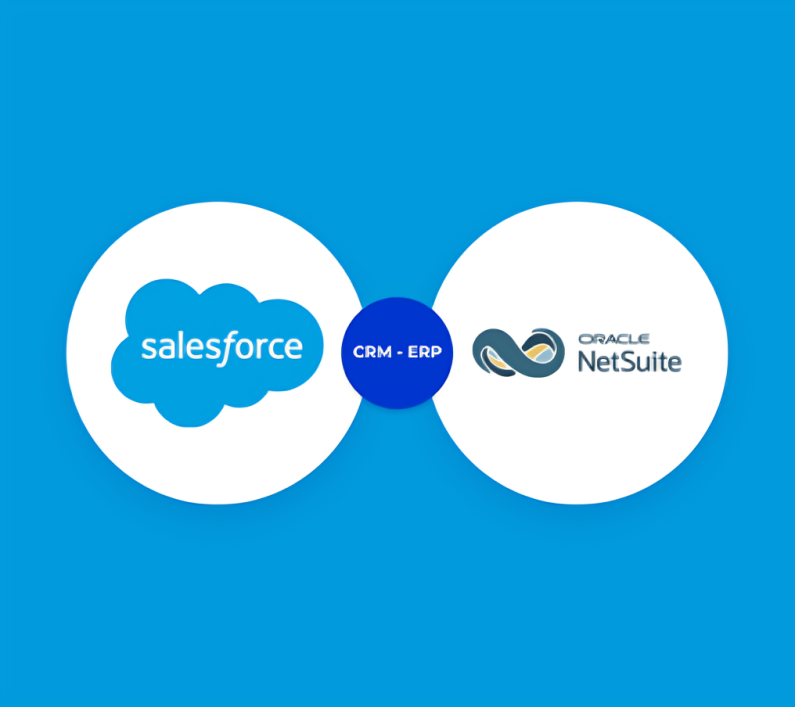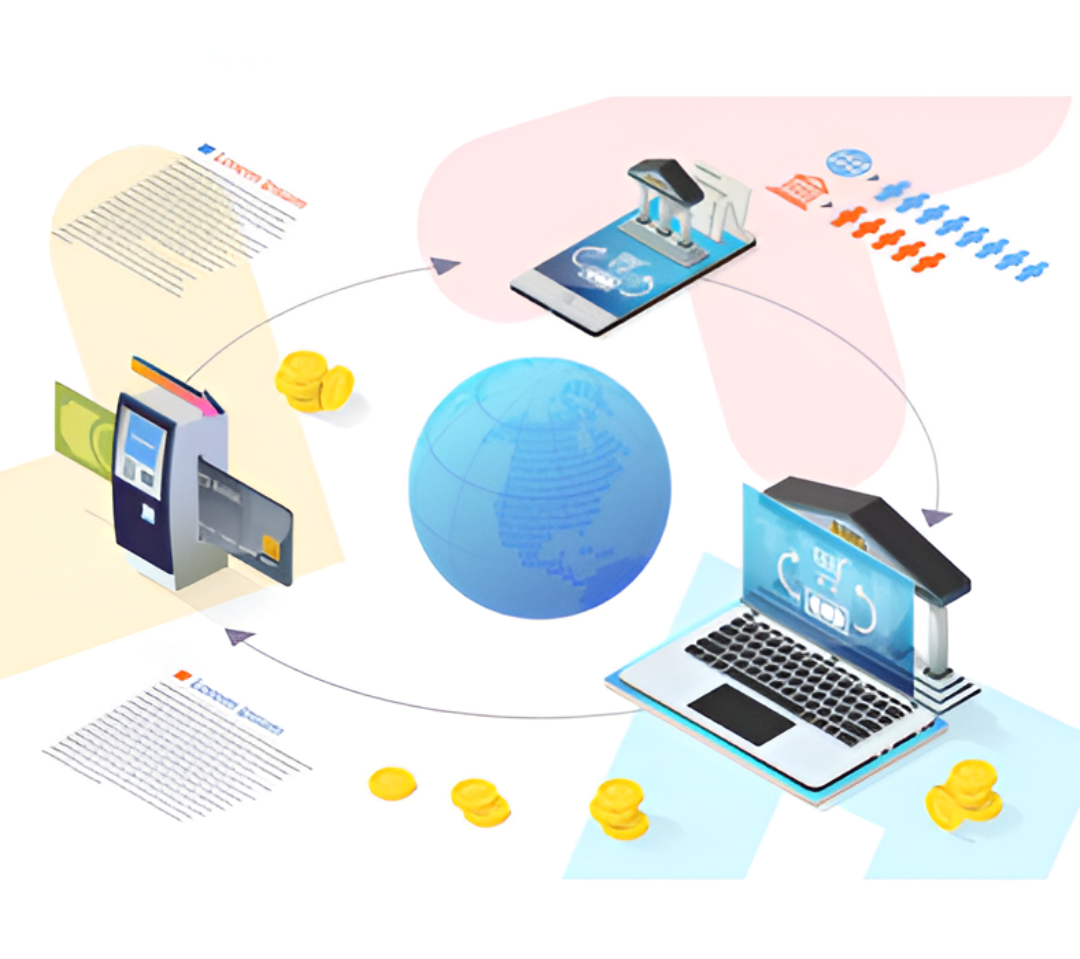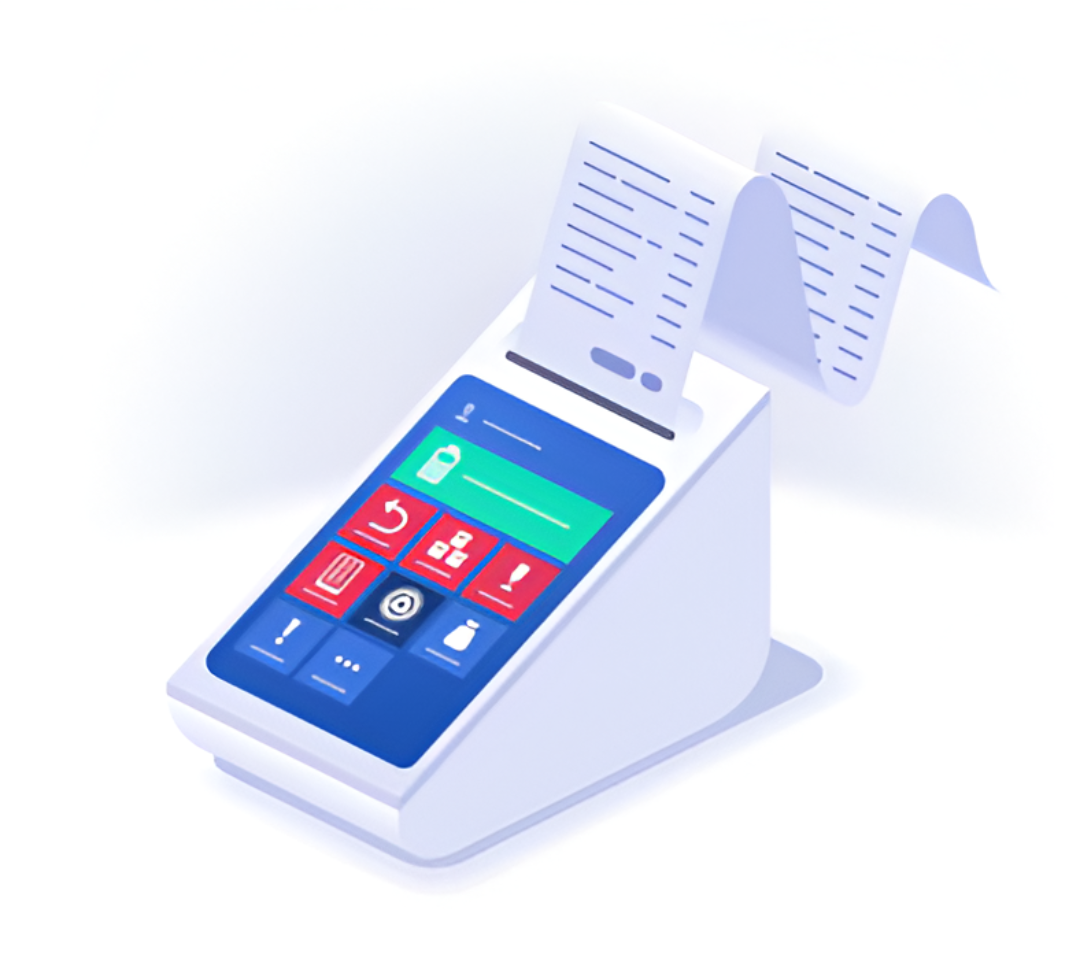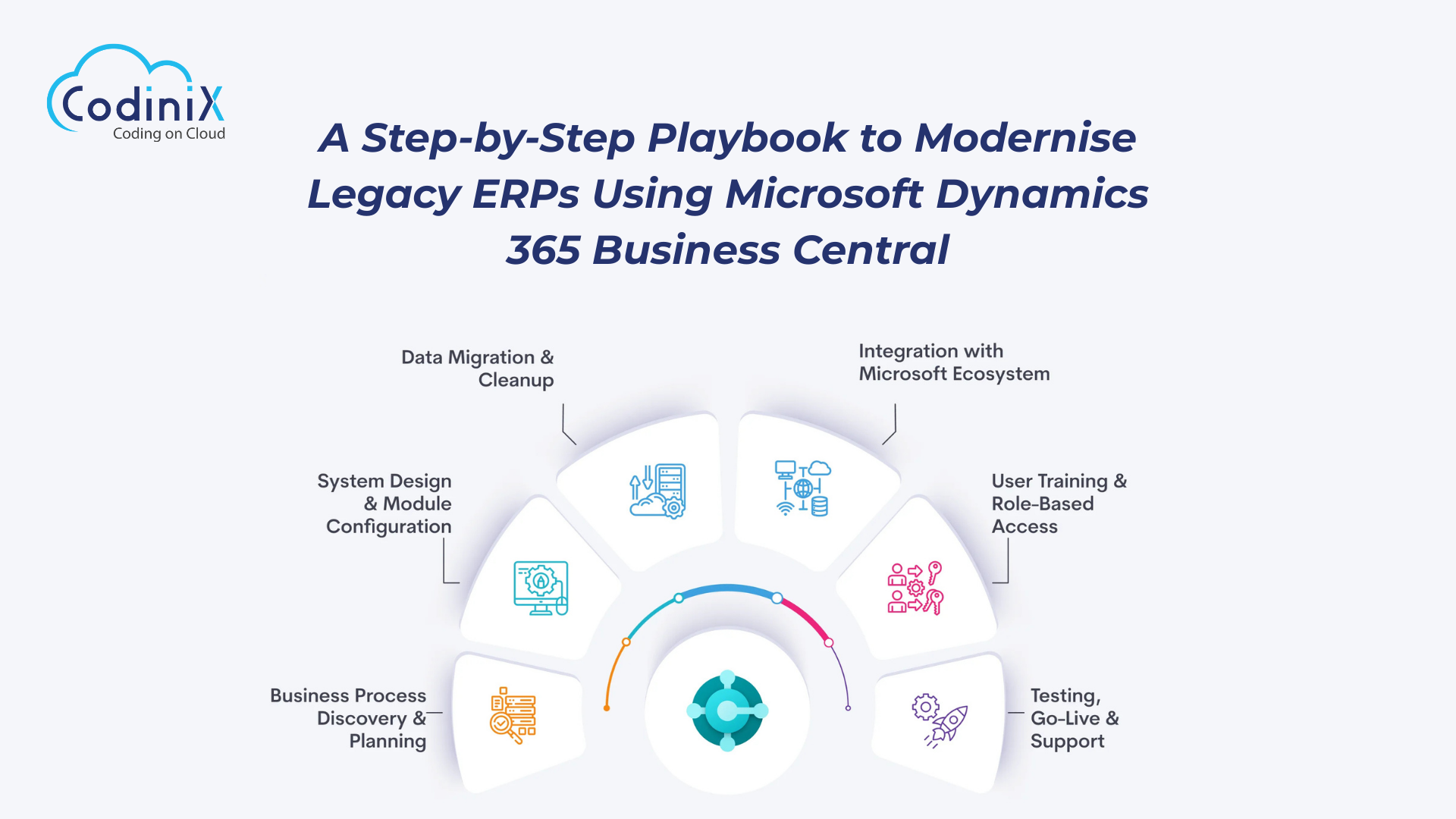For many years, the argument over whether to use native or cross-platform app development services programs has raged among developers. Native and cross-platform solutions differ not only in performance but also in their use cases and the advantages and disadvantages that they offer.
Before getting into the verses of the two, what does cross-platform app development say?
Apps that can run on multiple platforms are referred to as cross-platform. There are a number of other tools that may be used to create apps for both Android and iOS, including React Native, Xamarin, and Flutter.
A Cross-platform development Company will save time and money, but it comes at the cost of quality. As a result of the difficulty of customizing an app to work well across several platforms, the app's speed degrades while using this additional abstraction layer.
Now coming to the other party in the versus, The term "native app" refers to software designed only for one operating system, such as iOS, Android, or Windows. There is direct access to the device's hardware, including a microphone, camera, and GPS. As a result, they are able to take full advantage of the device's capabilities and provide users with enhanced performance. This is why the vast majority of CTOs choose to create Native applications for their companies' products instead of web-based ones.
Get set and know which is better?
1. The birth of the app development
Native apps take a long time to develop because the code for each platform must be written from scratch. Cross-platform programs, on the other hand, operate under the premise of "write once, run anywhere." This means that the developers here don't have to start from scratch and can execute the same code on different platforms at the same time.
2. Judge the speed and performance
The app's performance and speed are critical factors in determining its long-term viability. The IT business owner doesn't have to worry about the app's performance or speed while using native applications. This is due to the fact that these apps are fast, responsive, and less prone to crashing. Cross-platform programs, on the other hand, face a new set of challenges. It's common for these apps to have performance difficulties and be slower than native apps.
3. Knowing the features is important
There are performance SDKs for native applications, which make it easy to use API devices without any effort. Unlike Cross-platform apps, Native apps can also be used offline, which is a significant advantage. Access to device APIs is not guaranteed for cross-platform apps.
4. Customers should be prioritized
Native applications have a smaller potential consumer base because they are designed to run only on one particular platform. In addition, it is simpler to reach a broader audience when using cross-platform apps because these apps allow the promotion of a single app across multiple platforms.
5. The better the language compatibility the easier it to operate
Due to the fact that Native apps are produced in a specific language, their level of language compatibility is far higher than that of other app types. For instance, Java and Kotlin are utilized in the creation of Android applications, whilst Swift and Objective C are utilized in the production of iOS applications. The JavaScript programming language, which is compatible with a wide variety of devices, is used in the development of cross-platform programs.
When developing a section or content distribution application, it makes more sense for businesses to go with the Cross-platform approach than the Native approach.
In addition, you should consider betting on cross-platform app development company frameworks if the time it will take for your product to reach the market is shorter.
In a similar vein, cross-platform may be a good option for you to consider if the time limit for your project is tight but you want to complete it as quickly as possible.
































Leave Your Thoughts!!